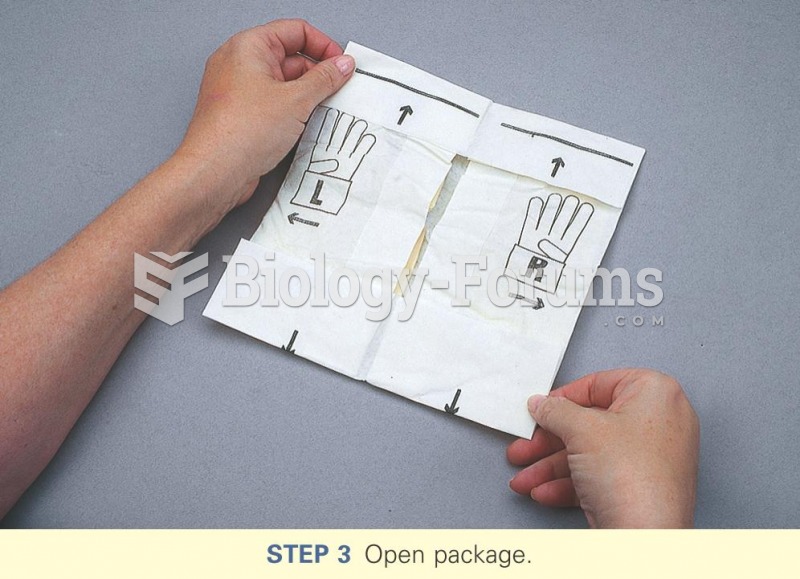|
|
|
Did you know?
There are more bacteria in your mouth than there are people in the world.
Did you know?
ACTH levels are normally highest in the early morning (between 6 and 8 A.M.) and lowest in the evening (between 6 and 11 P.M.). Therefore, a doctor who suspects abnormal levels looks for low ACTH in the morning and high ACTH in the evening.
Did you know?
Colchicine is a highly poisonous alkaloid originally extracted from a type of saffron plant that is used mainly to treat gout.
Did you know?
Blood is approximately twice as thick as water because of the cells and other components found in it.
Did you know?
There are approximately 3 million unintended pregnancies in the United States each year.







